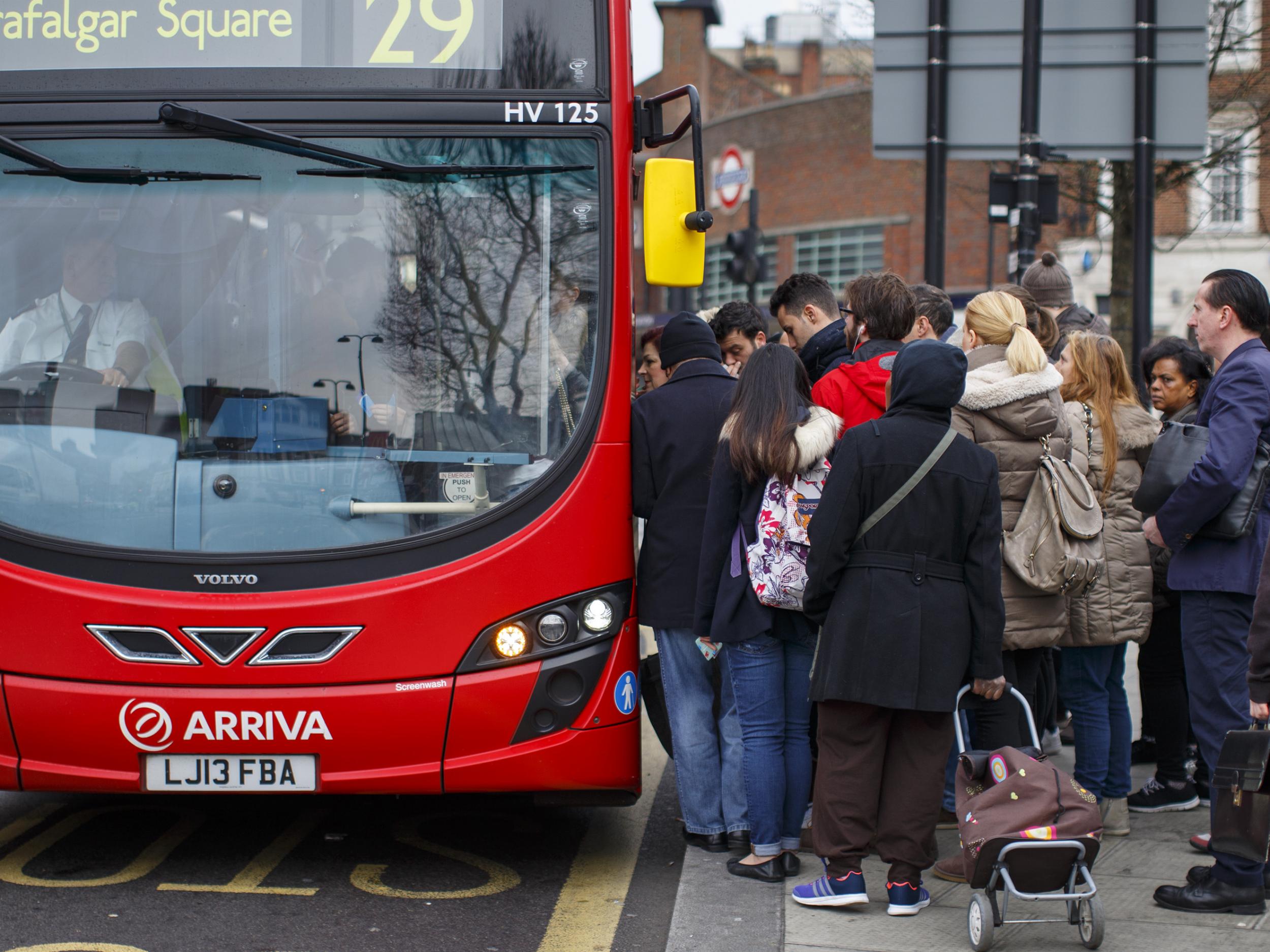Discrimination against disabled passengers on our buses is a new low for the UK
Incidents of discrimination against the disabled should shame the entire transportation industry. But they don’t, because this is a sector that treats even able bodied customers as an inconvenience at best


You have to hand it to Doug Paulley. A wheelchair user, he took his dispute with FirstGroup over its policy of requesting, but not requiring, that people with buggies vacate wheelchair spaces on its buses all the way to the Supreme Court.
That took reserves of courage and determination most people simply don’t have.
The trouble is, it shouldn’t ever have gone that far. And while he was given good cause to celebrate what he won, it was still only a partial victory.
After an initial success was reversed on appeal, the Supreme Court turned the tables again but, significantly, it stopped short of ruling it a legal requirement that bus companies compel non wheelchair users to vacate wheelchair spaces.
While FirstGroup drivers will (in theory) now have to take further steps if someone refuses a polite request to vacate a wheelchair space, if they adamantly refuse to move, as some people will, the bus can legally move off, leaving the wheelchair user at the bus stop.
That may very well happen somewhere, and perhaps quite soon. Because not everyone has Doug Paulley’s fortitude, the courts may never hear about it.
It might only be made public if someone happens to be filming it on their phone (please do).
The disabled bus traveller has slightly more protection than previously, but it’s still only second class protection for members of a group regularly treated as second class citizens by British society. It is lawful to discriminate against a disabled person by allowing them to be prevented from travelling if you just make a bit of an effort.
This is disappointing. But it is not, sadly, all that surprising. This, remember, is a country in which Paralympians have no choice but to urinate on themselves on trains that have no working disabled toilets and where stations have no staff to allow them to get off and use the facilities there.

Or where BBC correspondents are repeatedly left stranded on planes because assistance doesn’t appear.
These incidents, and others like them, should shame the entire transportation industry. But they don’t because this is a sector that treats even able bodied customers as an inconvenience at best.
The responsibility for that ultimately lies with a Government that, when it comes to public transportation, thinks only of minimising its costs. This usually involves handing the job of providing services over to private sector operators which think only of maximising their profits.
Providing safe and comfortable travelling experiences for able bodied customers won’t do that, let alone disabled travellers who sometimes require extra space, or assistance.
It is for this reason that laws are required to at least guarantee disabled passengers the same shabby service as everyone else gets to “enjoy”.
The Supreme Court’s ruling demonstrates that the laws that currently exist aren't strong enough to do that. They need to be changed so that Doug Paulley and everyone else that uses a wheelchair or a similar conveyance can ride the bus in peace.
That’s unlikely to happen given the current Government’s policy towards disabled people, which amounts to re-classifying thousands of them as not disabled, failing to take the necessary steps to hit employment targets, and generally treating us as a headache it could do without.
Transport companies are merely following that lead.
Join our commenting forum
Join thought-provoking conversations, follow other Independent readers and see their replies
Comments
Bookmark popover
Removed from bookmarks